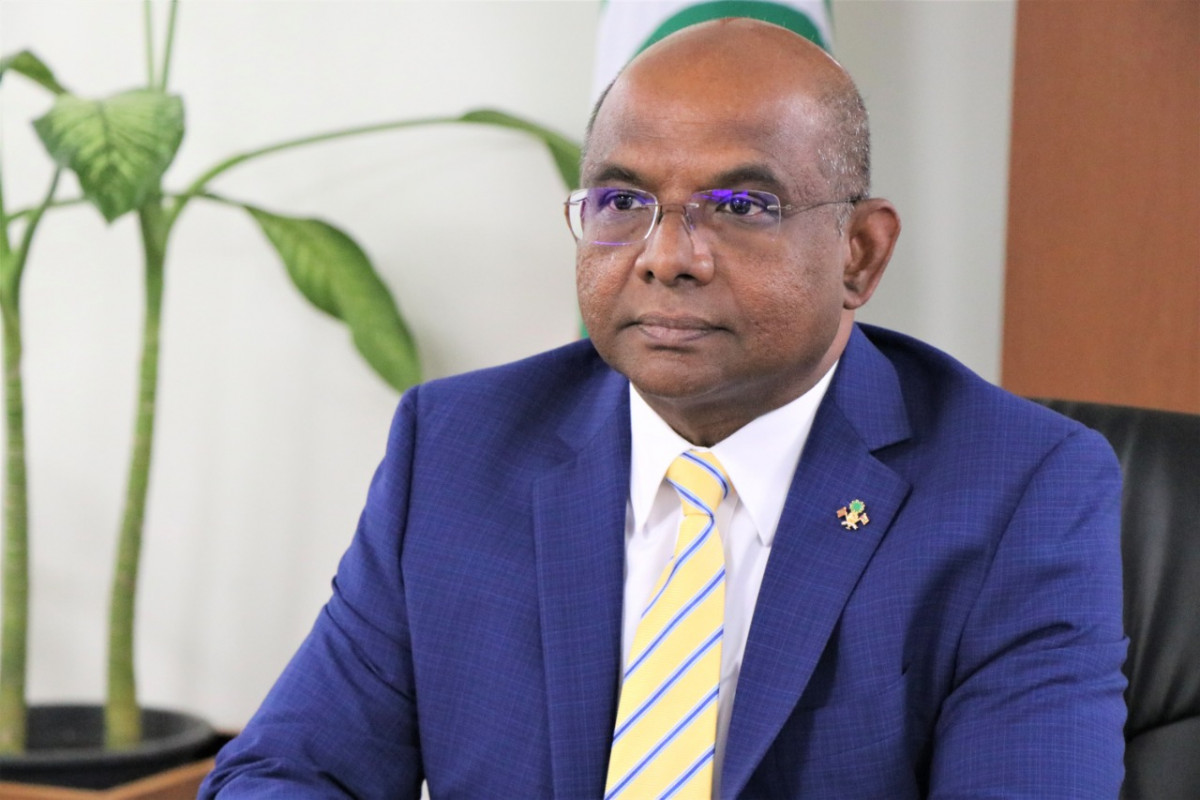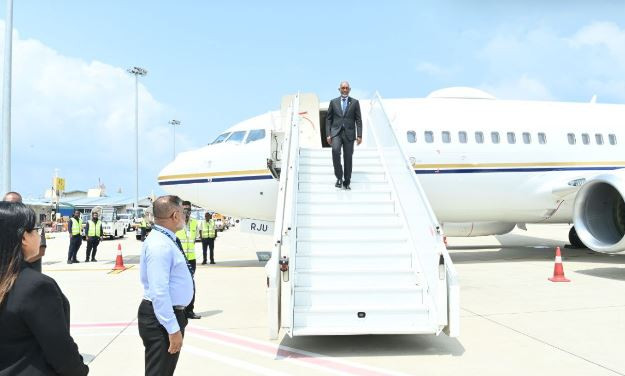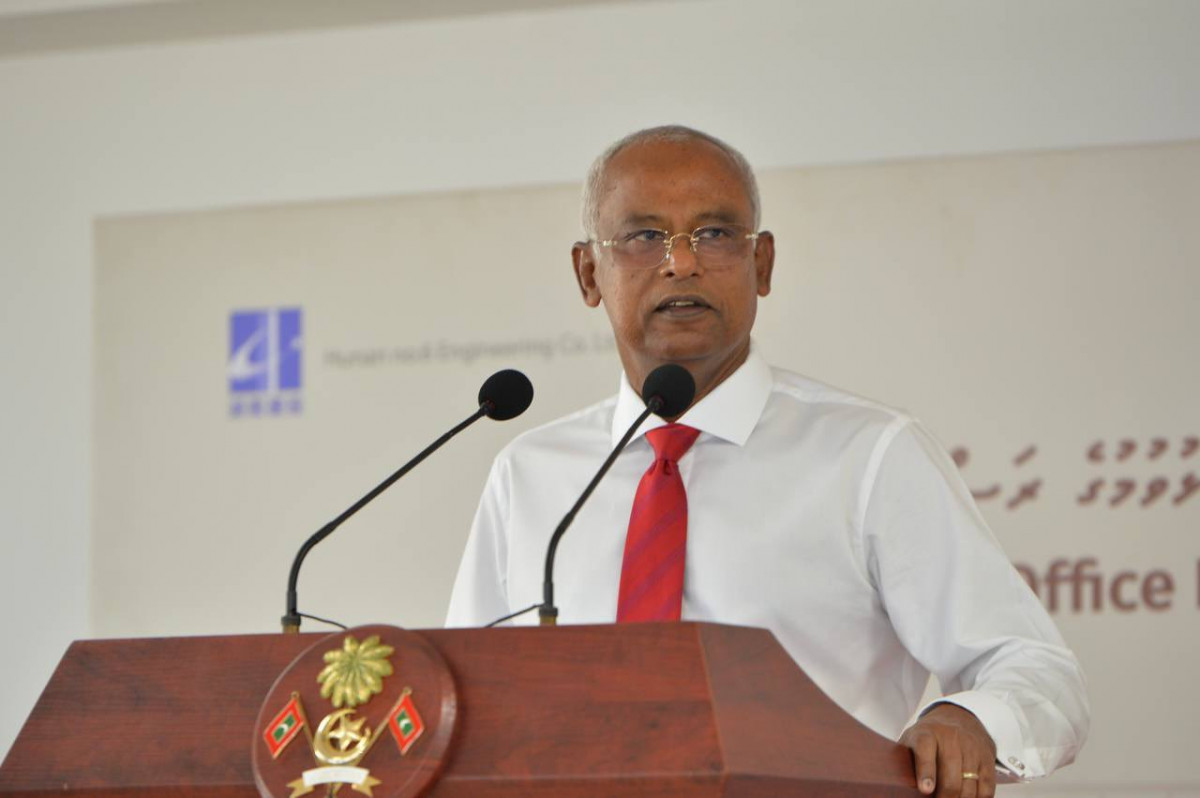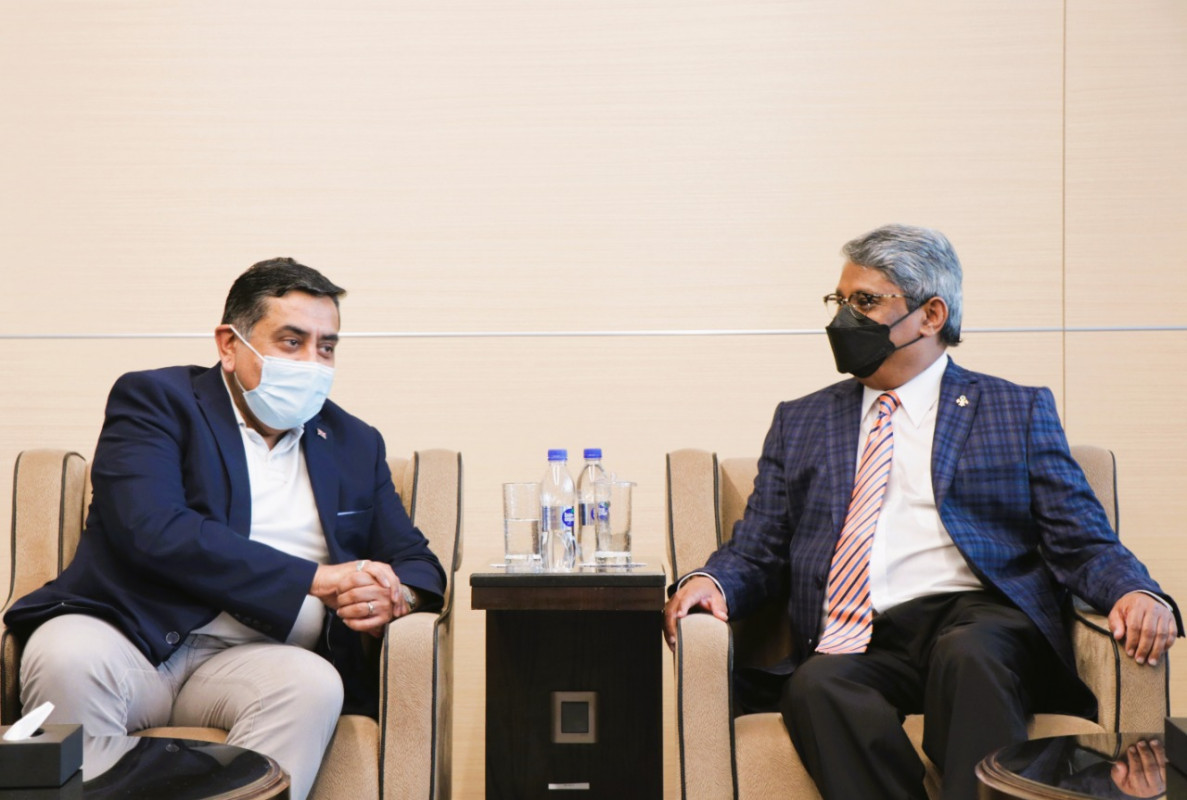Maldives calls to extend debt service suspension initiative to end of 2021
Foreign Minister Shahid made the call at the Annual Meeting of the Ministers of Foreign Affairs of the Group of 77 and China


Foreign Minister Abdulla Shahid
Maldives has called on G20 member countries to extend the Debt Service Suspension Initiative offered to Covid-19 vulnerable countries, until the end of 2021.
Foreign Minister Abdulla Shahid, in his statement at the Annual Meeting of the Ministers of Foreign Affairs of the Group of 77 and China, noted that Covid-19 vulnerable countries including Small Island Developing States (SIDS) will “require alternative financing options to address fiscal liquidity and debt crisis”.
Expressing gratitude towards G20s Debt Service Suspension Initiative, the minister stressed that “economies will still be in recovery next year”.
The foreign minister noted that the ongoing pandemic "has upended life, livelihoods and societies, and slowed economic growth".
Shahid also stressed that an “international climate finance regime that is aware of the unique burdens and risks facing [SIDS] is needed” to properly manage risks, taking into account multi-dimensional vulnerability index, and urged to call on financial institutions and development banks “to become more flexible in their approach to concessional financing and embrace their role in creating a pathway to sustainable and climate-friendly recovery”.
In addition, Shahid said that efforts must be increased to remind our partners in the developed world to fulfil their commitment in providing $100 billion per year in climate financing to developing countries. Minister Shahid also commended the extraordinary south-south cooperation of the G77 countries in supporting each other, and extending financial, material, and technical support during this crisis.






